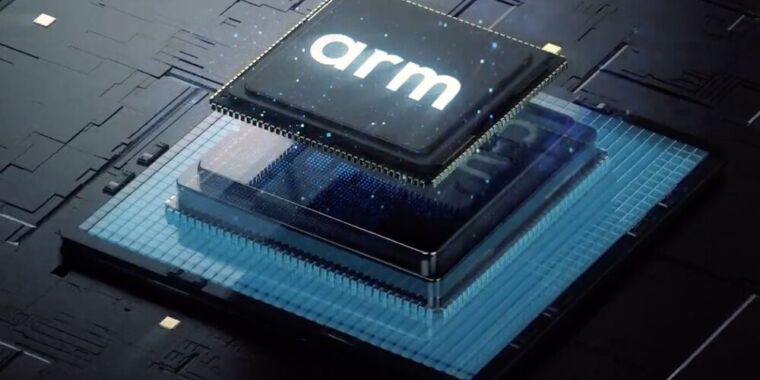Colstan
Site Champ
- Posts
- 822
- Reaction score
- 1,124
Softbank is trying to monetize Arm before an IPO.

 arstechnica.com
arstechnica.com
Good times.
If you want to succeed on the stock market, you've got to show revenue, and while Arm enables the sale of billions of dollars of devices around the world, the company's chip licensing scheme only brings in a comparatively small amount of money—around $500 million a quarter.

RISC-Y Business: Arm wants to charge dramatically more for chip licenses
Arm is tired of seeing device makers bring in billions while it makes millions.
Apple and Samsung will have their own licensing agreements in place, but it's hard to imagine Arm's new "Gotta impress Wall Street" strategy won't eventually affect them somehow.
Good times.
